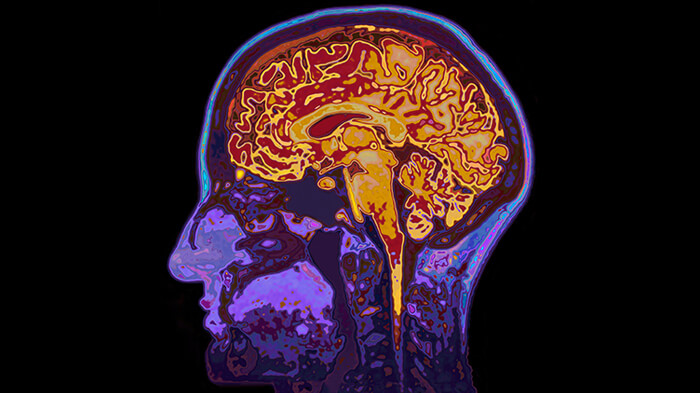So you’re a bona fide smartypants with an impressive triple-digit IQ and a wall lined with the framed documents that make it official. So what. Doesn’t mean you’re happy with your job. Doesn’t mean you tear off the covers every morning and bound into joy.
But if you happen to be blessed with a good stash of emotional tackle and, moreover, have a decent handle on how to put its component parts to best employ in the company of others, things are probably different. Folks with high emotional intelligence (EI) scores often enjoy a higher degree of spiritual contentment in the workplace than the genius three cubicles over.
This according to new research out of the University of Haifa, in Israel, which declares that a person’s sense of satisfaction on the job is a good part a function of his EI—news to the IQ-hyperfocused lot of us. People who possess a high level of EI, say the scientists who’ve dipped into its well, are happier at work, more dedicated to their jobs and better able to negotiate office politics than their less EI-equipped contemporaries.
Emotional intelligence describes an individual’s ability to nominate, evaluate and control his own emotions. The concept traces its roots back to Darwin, and his identification of emotional expression as a critical element in species’ survival and adaptation. More lately noted for its role in producing a sense of personal success in individuals, EI’s application to a sense of spiritual contentment in the workforce has only recently been explored.
Long dominated by IQ-measurement tests alone, the go-to stash of job approval predictors is set for radical overhaul with this new research and its promise to usher in a new era of appreciation for the softer ingredients that go into a job satisfaction mix. A person’s capacity for logical reasoning, as well as her math, spatial and verbal skills, are well measured with an IQ assignment, and long has this rating provided scientific proof of a person’s intelligence and apparent chances for life success. The idea of another scale, this gauging her grasp of more emotionally based life skills, didn’t become popularized until the mid 1990s when psychologist Daniel Goleman published a bestselling book on its principles. Today, the EQ’s applications have expanded to include the possible explanation of a dichotomy between those individuals with impressive IQs but little personal or professional success.
The EQ model draws a connection between the concepts of love, spirituality, compassion and humanity, and demonstrates what such a comprehensively informed philosophy has to say about the special capabilities those individuals well endowed with its riches bring to the workforce.
“This study has shown that employees with a higher level of emotional intelligence are assets to their organization,” one of the study’s authors Dr. Galit Meisler has said. “I believe it will not be long before emotional intelligence is incorporated in employee screening and training processes and in employee assessment and promotion decisions.”

